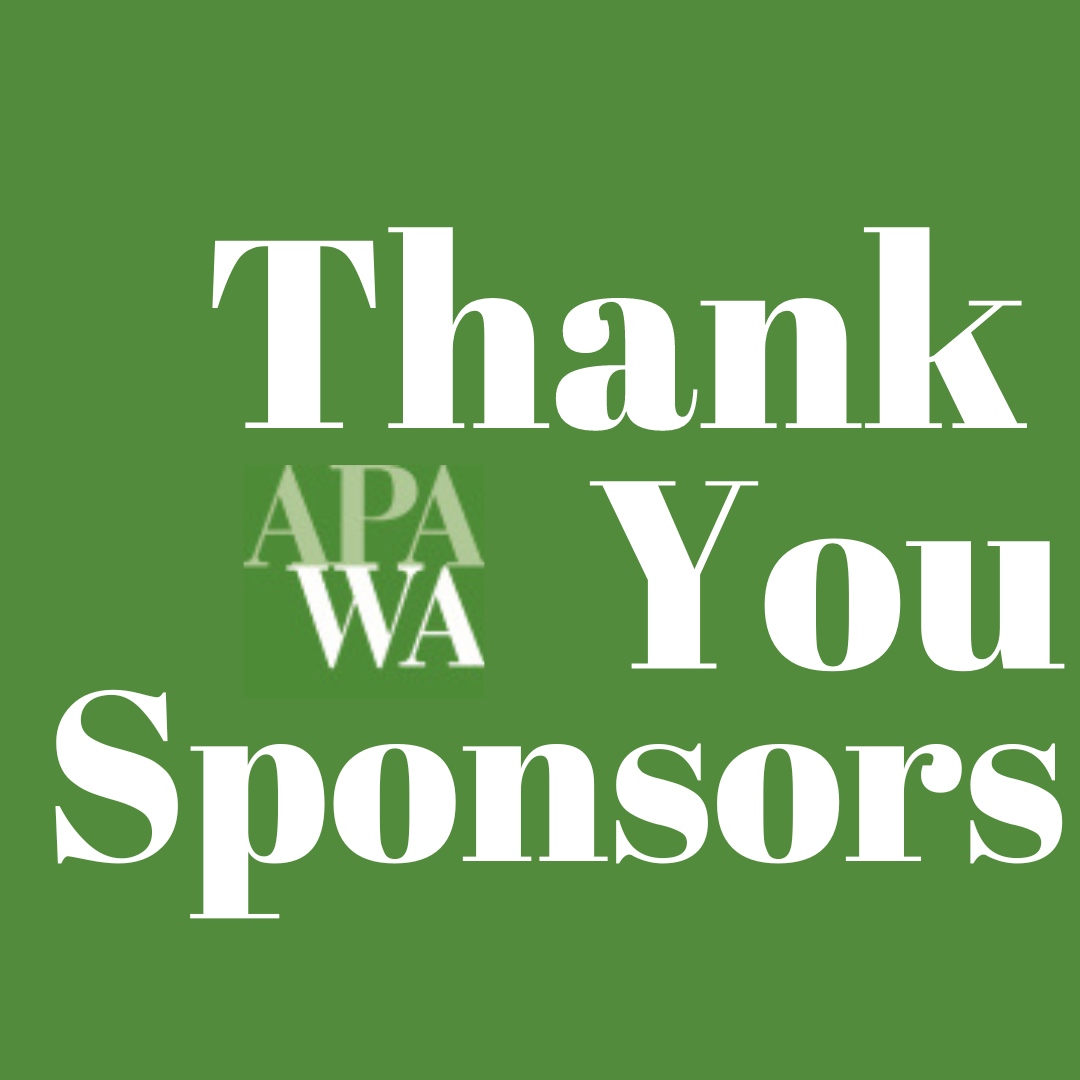- About Us
- Events & Training
- Professional Development
- Sponsorship
- Get Involved
- Resources
Sustainable Washington3.1 Project Example #2Action: Updating SEPA Policy In October 2007 King County became the first local government in the U.S. to address climate change through SEPA by requiring an evaluation of GHG emissions when reviewing development permits. The County developed a Climate Change Impacts Worksheet to assist developers in providing their SEPA checklist information, helping to estimate the quantity of GHG emissions generated over the life span of a building. The assessment looks at emissions associated with obtaining construction materials, fuel used during construction, energy consumed during the building’s operation, and transportation impacts of the building’s occupants. Seattle soon followed suit by adopting a similar ordinance in December 2007. By including a GHG emissions evaluation as part of the environmental review, the city moves closer to its climate change goals. Seattle aims to reduce emissions of carbon dioxide and other climate-changing greenhouse gases in the city to 30% of 1990 levels by 2024, and by 80% of 1990 levels by 2050, as outlined in its comprehensive plan. Though the ordinance does not require changes in the development proposals as a result of the review, the data obtained will help inform decisions on City SEPA Policy. |

